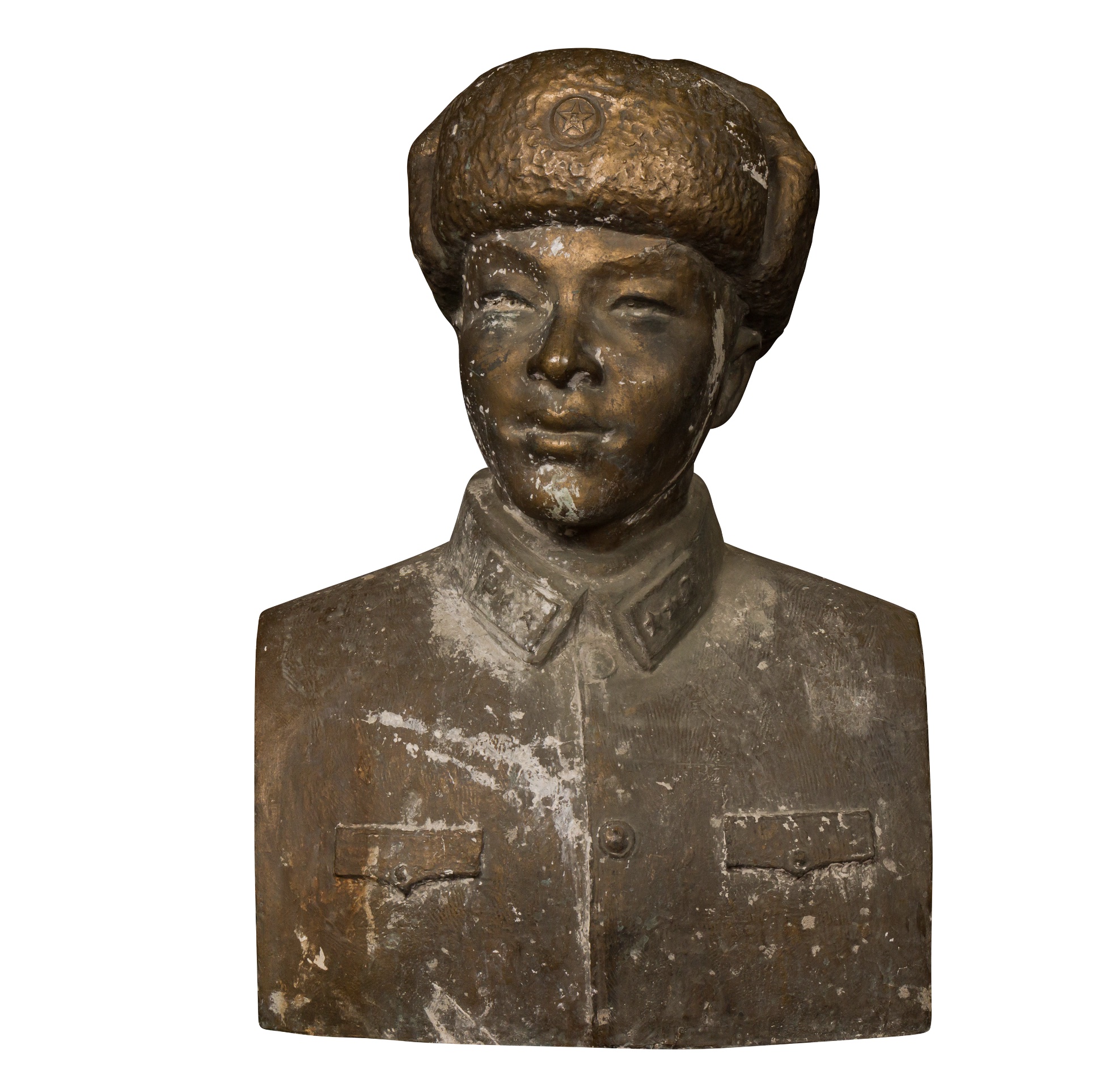Cultural Revolution artefacts in London sale
 A scarce prototype edition of the Quotations of Chairman Mao Tse-Tung, the famous Little Red Book, comes for sale in London this month. It forms part of a one of the world’s largest and best private collections of Cultural Revolution artefacts that will be sold by Chiswick Auctions as part of the February 29 sale of Books and Works on Paper.
A scarce prototype edition of the Quotations of Chairman Mao Tse-Tung, the famous Little Red Book, comes for sale in London this month. It forms part of a one of the world’s largest and best private collections of Cultural Revolution artefacts that will be sold by Chiswick Auctions as part of the February 29 sale of Books and Works on Paper.
The rare imprint of Mao’s Little Red Book was produced in August 1963, some ten months before the official Beijing version was released in May 1964. Compiled and printed in the Shenyang Military Region, it numbers 156pp rather than 250pp pages and lacks the engraved portrait of the Chairman or the slogan ‘Workers of the world, Unite!’ that became integral to the finished edition. It includes quotation texts by Mao Tse-Tung from as early as 1937 into the 1940s.
 A book never previously seen at auction, it is offered in its original white paper wrappers with a guide of £30,000 – £35,000.
A book never previously seen at auction, it is offered in its original white paper wrappers with a guide of £30,000 – £35,000.
This is one of several rare editions of the Quotations included in the collection that was compiled over 25 years by the renowned New York antiquarian book dealer and children’s book specialist Justin Schiller. His home in upstate New York includes many thousands of objects related to the Cultural Revolution, many of them bought during regular visits to China.
Schiller considers the propaganda from this period of history to be ‘the ultimate in fake news’. First attracted to the subject for its powerful aesthetic (he draws a parallel between the graphic art of 1960s China and children’s book illustration) Schiller also recognised its historical importance at a time when many Chinese were keen to offload the relics of a troubled past. At the beginning of his collecting journey in the 1990s, important material was relatively easy to come by. Today he estimates that at least 80 per cent of the original propaganda material produced during the time of the Cultural Revolution has now been destroyed. Fakes and reproductions, made to appeal to the thriving collecting market, are now commonplace.
A particularly rare survivor on offer at Chiswick Auctions is an original mango relic shrine from c.1968. The cult of the mango was a short-lived phenomenon sparked by re-gifting of fruit (originally given to Mao by the nation of Pakistan) to worker-peasant propaganda teams. The imagery of mangoes was in vogue for about a year with the 1968 National Day (October 1) celebrations marked by an entire float of mangos paraded in Tiananmen Square.

A second shrine incorporating a bisque porcelain head and shoulders bust of Chairman Mao dates from c.1960. It is emblazoned with slogans at its base: ‘Long Live the Great Teacher, Great Leader, Great Commander-in-chief, Great Helmsman Chairman Mao’ and housed in a wooden box with a surround incised ‘Long Live Chairman Mao.’
A series of sculptural groups in bronze, porcelain and stone include The Model Hero, a monumental head and shoulders bronzed bust of Lei Feng, most likely salvaged from a bridge or entrance arch and a near life-size plaster statue of young Mao going to AnYuan. Dated c.1968, this image is based on the 1967 icon-making painting by Liu Chun Hua who turned Mao into a philosopher/prophet with his clenched fist representing determination, and the umbrella indicating the hard journey.

Among Schiller’s personal favourites in the collection is a complete set of pool balls painted with representations of ‘evil’. They were given to the Admiral of the Chinese Navy when he retired.
This part of the Justin Schiller collection, including books, posters, original art, tapestries, sculpture and memorabilia, will be offered in around 300 lots. They’ll remain in situ in upstate New York with the auction staged in London.

